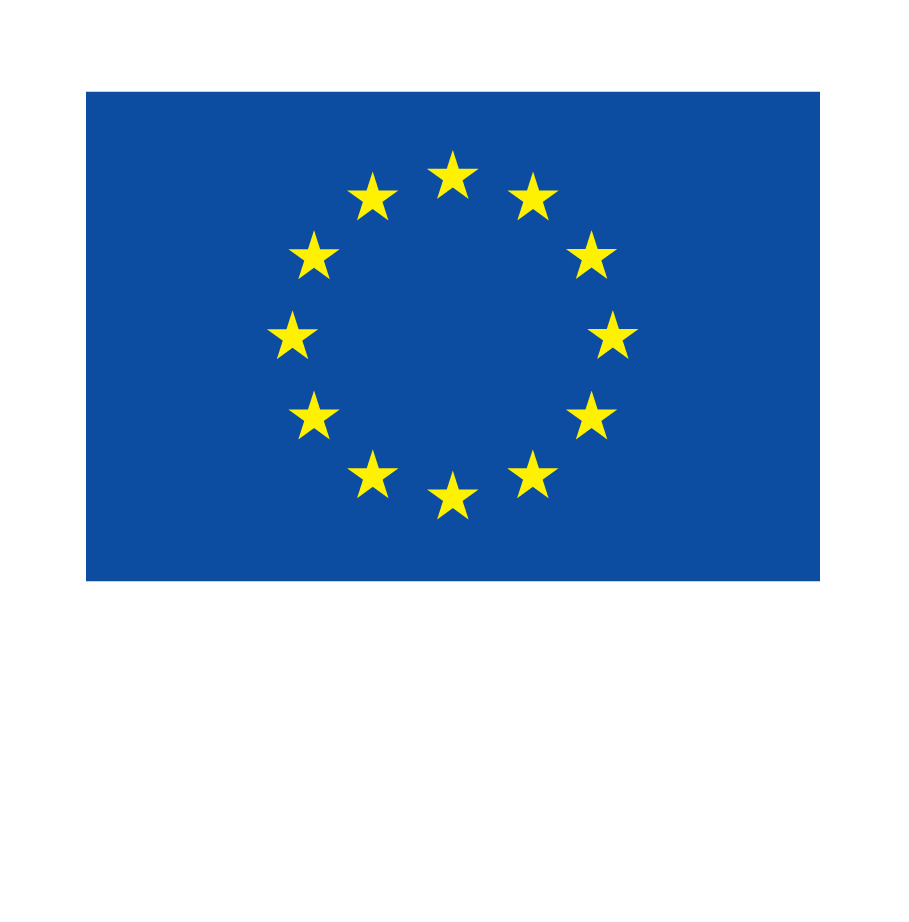On the 11th and 12th of September 2023, the NAVIGATOR team met at the Copenhagen Business School. Chaired by the project’s Principal Investigator John Karlsrud (NUPI, NO), the collective workshop, hosted in the Danish capital to further refine the project’s methodology, was the project’s first joint meeting since its kick-off.
The meeting had two main objectives:
- To discuss and flesh out the NAVIGATOR toolkit, with an eye on the NAVIGATOR Methods Working Paper, which is to be co-authored by Leonard Seabrooke (CBS, DK) and Ole Jacob Sending (NUPI, NO) and published by the end of November;
- To host the first in-person meeting involving both the partners and the members of the project’s External Advisory Board.
NAVIGATOR’s objective
To recap, the project’s primary goal is to contribute to the revitalization of a multilateral governance system that strengthens an international order based on rules that are congruent with the core values and interests of the European Union.
NAVIGATOR’s consortium believes that efforts to enhance the multilateral system should be informed by a thorough understanding of the strengths and weaknesses of different multilateral arrangements, be they multilateral, mini-lateral, or even private-public in nature.
Ultimately, the project is to help the EU better grasp the opportunity structures associated with each of these global governance modalities across a range of key policy fields, namely climate, digitalization, finance/tax, health, migration, and security. Ultimately, leveraging this knowledge, actionable strategies can be developed based on the EU’s strengths and values, as well as those of its Member States.
Alternative: It allows the development of a tested methodology allowing the EU to assess the opportunities and costs of investing, reforming or side-stepping different governance arrangements. This knowledge may in turn be used to build actionable strategies based on the EU’s strengths and values, as well as those of its Member States.

Discussions over the project’s main questions in the Kilen building
Two main questions
On the first day, participants had an in-depth exchange on the underlying normative implications of NAVIGATOR’s two core questions. As a reminder, these two central questions are:
- How can the European Union best support progressive multilateral and transnational democracy?
- What pathways of action are most effective and legitimate for European interests in a given issue area?
In response to the call of the European Commission which reflected its priorities, the partners crafted these questions as part of the project’s original proposal.
To ensure both the project’s overall coherence and its scientific bona fides, NAVIGATOR – in dialogue with its External Advisory Board – agreed that its initial methodological work was also to include a reflexive exercise aimed at better articulating the underlying normative choices that underpin the research.
Different sensibilities were articulated over the course of the first half-day at the CBS’ Kilen building as partners and external advisory board members discussed the normative and analytical implications of “progressive multilateral and transnational democracy”, on the one hand; and “effective and legitimate for European interests”. Unsurprisingly for an interdisciplinary group of 19 scholars, no final definition or understanding was agreed upon for either of these normatively laden objectives, yet the exchange did allow for a greater understanding of how best to operationalize them in the initial data-collection stages.
While the normative agenda and its implications remained up for discussion, the workshop did make progress in identifying the variables it will investigate when seeking to assess the variations across time, relative resources, political cultures, and competence distributions. All these contextual elements, framed either as key independent or intermediary variables, will need to be included in the initial data-collection effort and where possible reflected in NAVIGATOR’s data-nest.
Elaborating a data nest
“A key principle in the project is that we can reflect on our issue-specific case findings by comparing them to trends in the ‘data nest’, which collects public statistics on European funding across issue areas, as well as available measures on the characteristics of organizations engaged in multilateralism.”
Leonard Seabrooke
The data nest is being built across 6 policy fields, namely climate, digitalization, finance/tax, health, migration, and security. Both partners and the Advisory Board agreed that the concept of NAVIGATOR’s data nest will be translated into an assemblage of shared reference resources allowing cross-case comparisons. The data nest is a likely source of aggregate trends, against which other methods in the project—like content analysis, social network analysis, and semi-structured interviews—can use to reflect on how much their cases vary.
During their second half-day of work, building on the framing discussions of the previous day, the 19 researchers in attendance made substantive headway toward identifying a common set of variables which are to be assessed and included in the data nest. These variables are expected to help crystallize and measure the relative (1) formality, (2) openness, and (3) normativity of the various governance modalities studied across the six studied policy fields.
NAVIGATOR’s gambit is that by analysing degrees of formality (formal/informal), accessibility (open/closed), and normativity (technical/normative), different action strategies for the EU and its Member States can be uncovered. At the end of the project, the search mechanism will ideally reveal what combination of formality, accessibility, and normativity is best suited for EU interests.
Next steps
Ultimately, the workshop allowed NAVIGATOR:
- To clarify both its normative assumptions and some of the key concepts presented in the project.
- To settle the function of the data-nest, and identify some of the measures that will be used to weigh the three variables listed in the project – i.e., relative formality, openness, and normativity.
- To react to the initial draft of the NAVIGATOR Methods working paper which professors Leonard Seabrooke (CBS, DK) and Ole Jacob Sending (NUPI, NO) are to co-author by 30 November 2023.
- To prompt each Work Packages (WP) leader to start structuring their respective team of researchers and launch the data-collection effort in March 2024.
As such, the workshop successfully laid the foundations of the initial stages of the project’s work, with its initial methodological conclusions set for December 2023, the beginning of the data collection effort by March 2024, and NAVIGATOR’s first set of working papers by March 2025.


